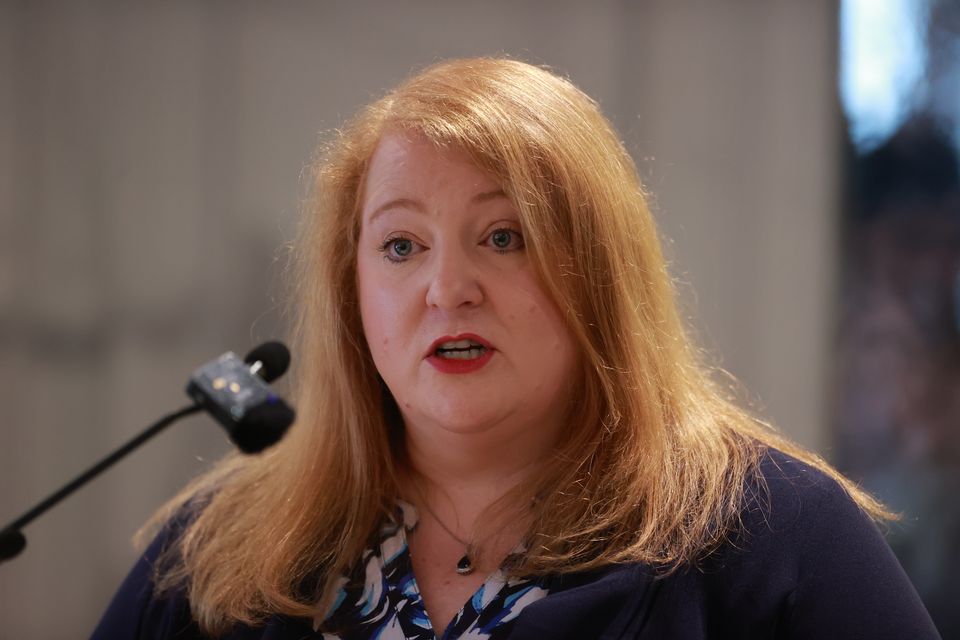Half of male victims of intimate partner violence (IPV) interviewed for a new study said they had never disclosed the abuse they suffered.
The research commissioned by Commissioner Designate for Victims of Crime Geraldine Hanna and carried out by academics from Queen’s University Belfast, said that male experiences of IPV is a major issue that requires immediate attention.
The research, published on International Men’s Day, found that more than 60% of victims spoken to said they suffered from mood disorders or emotional conditions, with more than 70% saying they had considered suicide.
Another finding of the report is the need to provide support to victims who come forward and efforts to tackle stigma surrounding this issue, with 50% of respondents telling researchers they had never disclosed the abuse they suffered.
Ms Hanna said: “The findings in this report are deeply concerning.
“They reveal the traumatic impact of intimate partner violence and abuse on male victims, and underscore the need for policies and processes that address the unique needs of men and boys and highlights potential gaps in service provision, particularly in rural areas.
“This research is a critical step towards informing future policy and service development.
“It is my hope that the insights gained from this report will help inform government planning, drive meaningful change and ensure that support systems are inclusive, accessible, and effective for all victims, regardless of gender.”
Justice Minister Naomi Long said she hoped the report would contribute to better support for male victims (Liam McBurney/PA)
Justice Minister Naomi Long said she hoped the study would contribute to better support services for male victims.
She said: “In recognition of the fact that anyone can be a victim of IPV, I was committed to ensuring that the new domestic abuse offences applied to all victims, irrespective of sex, gender or sexual orientation and that the awareness-raising campaigns specifically recognised male victims.
“This research into male victims of IPV is a further critical part of the process of addressing societal stigma, which often leaves male survivors feeling isolated and unsupported.
“Traditional views of masculinity can make it difficult for men to report abuse, leaving them vulnerable to ongoing physical, emotional, and psychological harm.”
Health Minister Mike Nesbitt said the report provided insights which would help in tailoring services for victims (Liam McBurney/PA)
Health Minister Mike Nesbitt said the research was a “crucial step” in understanding the experiences of male victims.
He added: “It provides us with the insights needed to tailor our services and support systems to better meet their needs.
“We must listen to their voices, understand their challenges, and work collaboratively to create an environment where they feel safe and supported.”
The research was carried out by principal investigator Professor Cherie Armour and researchers Dr Eric Spikol and Dr Emily McGlinchey working in the School of Psychology, Stress Trauma and Related Conditions Research Centre at Queen’s University.
Ms Armour said: “Men can and do experience intimate partner violence and it can have adverse outcomes such as mental ill health and suicidality.
“However, there is a critical lack of research into the prevalence and health impacts of IPV against men/boys which impacts on the availability of polices and evidence-based practices to support those in need.
“This current study examined male IPV experiences specifically in Northern Ireland.”
She added: “We conducted an online survey and face-to-face interviews with male survivors of IPV and demonstrated that IPV and its impacts exist in Northern Ireland and those in need are often not believed, stigmatised, and unsupported.
“No individual, regardless of their gender, should experience abuse, and we must do better to minimise risk and increase support where and when we can.”

